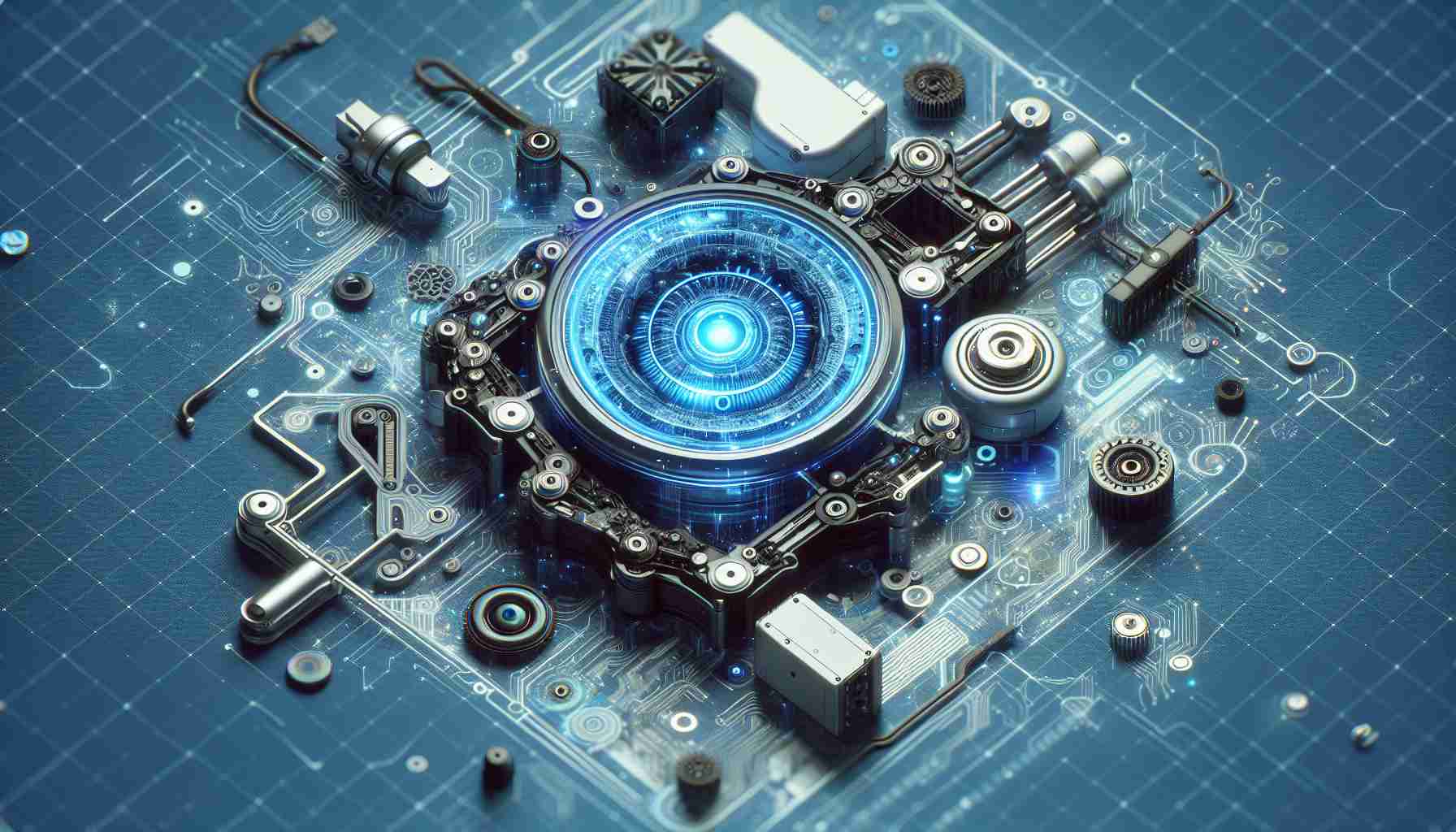Summary: The tech industry is abuzz with talks of Artificial Intelligence (AI), and innovators like Carl Pei, co-founder of Nothing and OnePlus, believe in its transformative power. Pei predicts significant changes in how we interact with technology, driven by AI advances. He envisions his company, Nothing, not only adapting but also leading some of these changes.
Technology is not static; it constantly evolves, often taking leaps that redefine its very nature. In today’s climate, AI is the catalyst for such a leap, leading to a paradigm shift in the tech industry. Carl Pei, a renowned figure in the tech world, emphasizes the transformative impact AI will have over the next five years.
In a recent conversation, Pei discussed the inevitable industry upheaval, citing historical shifts where tech giants were dethroned by newcomers—much like how Nokia and Blackberry were succeeded by today’s leaders, Apple and Google. He anticipates that a similar change is on the horizon, one propelled by AI, where “new players” will rise to prominence.
For his company, Nothing, Pei says keeping pace with, or even leading, these changes is paramount. He wants to ensure that the firm’s products, notably their smartphones, are competitive in the AI-driven market. This involves creating a seamless user experience, with operating systems and applications that fluidly interact across an ecosystem of devices, all interconnected and AI-aware.
Pei’s insights indicate that machines are becoming increasingly intelligent and capable, thus altering how we utilize technology in our daily lives. The challenge and opportunity for companies like Nothing are not merely adding an “AI label” to their offerings but warmly embracing the change to deliver impactful innovations that redefine our interactions with technology.
Artificial Intelligence (AI) as a Driving Force in the Tech Industry
AI is not just a trendy topic; it’s a transformative force reshaping the tech industry. Visionaries like Carl Pei, who has an impressive track record with innovative companies such as Nothing and OnePlus, understand the valuable role AI plays in technology’s evolution. With the rapid progression of AI capabilities, Pei forecasts that the next five years will bring significant changes to the ways we engage with technology, predicting a shift akin to the industry shakeup that saw the rise and fall of former mobile giants.
In the current industry landscape, AI is leading to a paradigm shift. Pei’s assertion highlights the potential for significant upheaval, with new players emerging to challenge established tech giants. History has shown that technological revolutions—such as the one brought by smartphones—can topple leaders and provide opportunities for newcomers to ascend.
Market Forecasts for AI Integration
Industry analysts project that the global AI market, currently valued in the hundreds of billions, is expected to grow at an impressive compound annual growth rate, reaching a trillion-dollar valuation in the next decade. This growth is attributed to increased adoption across various sectors, including healthcare, automotive, finance, and entertainment. As AI technology continues to mature, products and services across these industries are becoming more efficient, personalized, and attuned to the needs of users.
Challenges and Opportunities for Innovators
For a company like Nothing, the emergence of AI presents both challenges and opportunities. Pei’s focus on creating a seamless user experience is crucial as the market moves towards more integrated and intelligent ecosystems. Competitiveness in the AI-driven market hinges on innovating in ways that truly enhance user experience, beyond the superficial application of AI technologies. This involves developing operating systems and applications that can engage with users in more intuitive and meaningful ways, facilitated by AI.
In response to these industry dynamics, companies are investing heavily in AI research and development. The success of AI integration into products hinges not only on technological advancement but also on a thoughtful approach to design and user experience that considers privacy, security, and ethical implications.
Issues and Ethical Concerns
As AI becomes more ingrained in our daily lives, issues related to privacy, bias, and ethical use of technology come to the fore. Companies must navigate these concerns responsibly, ensuring that AI advances do not impinge on individual rights or proliferate systemic biases. There is also a significant conversation around the impact of AI on the job market, as automation and intelligent systems become capable of performing tasks traditionally done by humans.
Conclusion and Further Reading
Artificial Intelligence is undoubtedly setting the stage for the next tech revolution, with innovators like Carl Pei at the helm of this transformation. As Pei and his company Nothing aim to lead and adapt to these changes, the broader industry must also consider the multifaceted impact of AI on society. The tech landscape is poised for a significant transformation, and staying informed about the latest developments is essential.
For those interested in keeping abreast of industry trends and forecasts, trusted resources and market analysis can be found through various outlets. For instance, visitors can explore industry-specific insights and reports by visiting the McKinsey & Company’s website at link or accessing research from the International Data Corporation (IDC) at link. Additionally, organizations like OpenAI offer thought leadership on the ethical implications and societal impacts of artificial intelligence, accessible at link.

